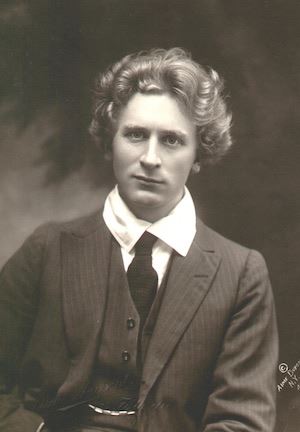by Daniel Hathaway
Venues are dark on this summer Monday. For details of upcoming concerts, visit our Concert Listings page.
ANNOUNCEMENTS:
Heights Chamber Orchestra will hold auditions for trombone and all strings positions for their 2024-2025 season on Monday, August 19 at 7:30. Musicians interested in auditioning can find information on the 2024-2025 season, excerpts, and a sign-up form on the orchestra’s website, Questions? Call 216.751.7816.
INTERESTING READ:
NPR writes, “You may not know the name Leslie Bricusse (pronounced Brick’-us), but you very likely hum some of the songs he’s written: “Pure Imagination,” “What Kind of Fool Am I?,” “Talk to the Animals,” Superman’s theme “Can You Read My Mind,” “Goldfinger.”
“Mark Eden Horowitz, a senior music specialist at the Library of Congress, where the Bricusse papers join those of Leonard Bernstein, Richard Rodgers, the Gershwins and others, says that in addition to the scripts, musical scores, notes for ideas on shows that never came together, recordings and other items, what’s remarkable about this particular collection is Bricusse’s notebooks.”
TODAY’S ALMANAC:
Australian American pianist, composer, and folk tune arranger Percy Grainger (pictured above, ca. 1912) was born on July 8, 1883 in Melbourne and became a U.S. Citizen in 1919. He originally wrote his Colonial Song for piano solo (listen here), and later arranged it for wind ensemble, the form in which it was impressively performed by Galen M. Carriker and the Blossom Festival Band last Wednesday, July 3. Grainger wrote about the piece in this program note.
No traditional tunes of any kind are made use of in this piece, in which I have wished to express feelings aroused by thoughts of the scenery and people of my native land, (Australia), and also to voice a certain kind of emotion that seems to me not untypical of native-born Colonials in general.
Perhaps it is not unnatural that people living more or less lonelily in vast virgin countries and struggling against natural and climatic hardships (rather than against the more actively and dramatically exciting counter wills of their fellow men, as in more thickly populated lands) should run largely to that patiently yearning, inactive sentimental wistfulness that we find so touchingly expressed in much American art; for instance in Mark Twain’s Huckleberry Finn, and in Stephen C. Foster’s adorable songs My Old Kentucky Home, Old Folks at Home, etc.
I have also noticed curious, almost Italian-like, musical tendencies in brass band performances and ways of singing in Australia (such as a preference for richness and intensity of tone and soulful breadth of phrasing over more subtly and sensitively varied delicacies of expression), which are also reflected here.’
Listen to Colonial Song performed by the Dallas Wind Symphony conducted by Jerry Junkin and follow along with the score here.
Interested in more Grainger? Click here to listen to a selection of piano rolls that preserve his performances of his popular works, and here to watch a video of his Lincolnshire Posy performed on the Brownbag Series at Cleveland’s Trinity Cathedral on April 19, 2017 by the Cleveland State University Symphonic Wind Ensemble led by Birch Browning.
And on this date in 1940, G. Wallace Woodworth led the first performance of Randall Thompson’s Alleluia to open the Berkshire Music Center in Lenox, MA. Elliot Forbes, Woodworth’s successor as professor of music and conductor of the Harvard Glee Club and Radcliffe Choral Society, wrote about that first performance in an appreciation of Thompson for Harvard Magazine in 2001.




